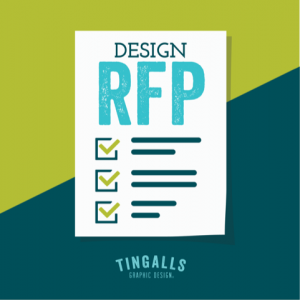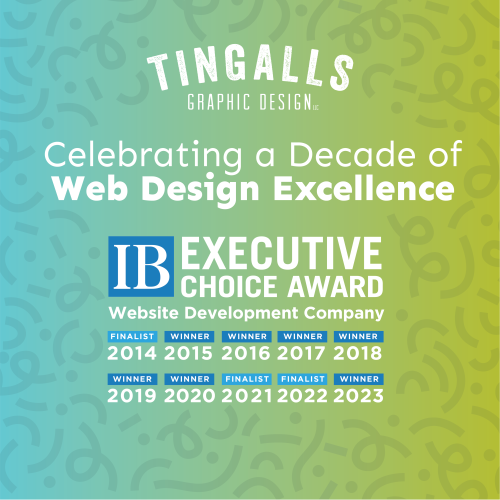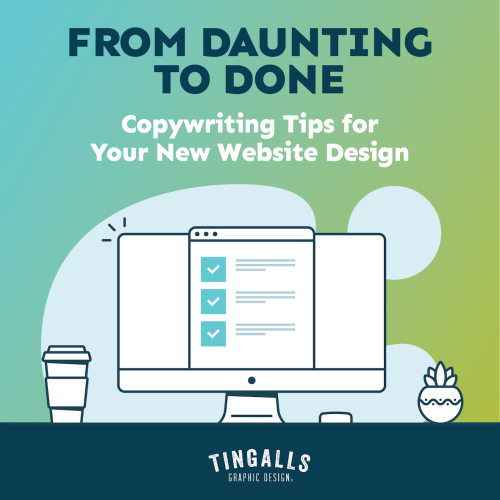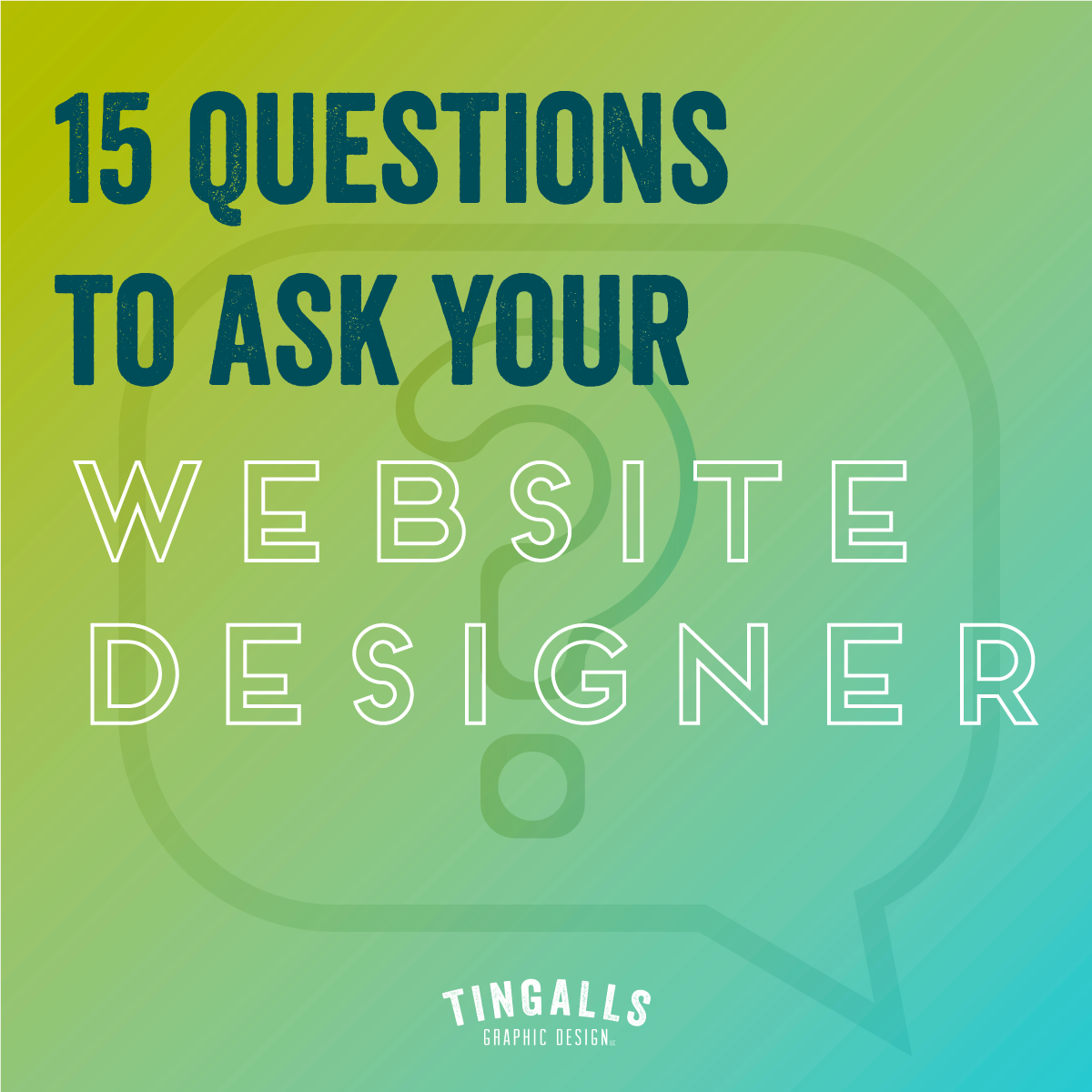What’s in a Website RFP?
 Writing a Request for Proposal (RFP) for your website creates an opportunity to strengthen your vision by making a reliable connection with a web developer who will help bring your dreams to life. The concepts agreed upon by you to the developer in the RFP phase of communication are vital – they can set the stage for how a website will evolve and take form.
Writing a Request for Proposal (RFP) for your website creates an opportunity to strengthen your vision by making a reliable connection with a web developer who will help bring your dreams to life. The concepts agreed upon by you to the developer in the RFP phase of communication are vital – they can set the stage for how a website will evolve and take form.
In the Beginning
Commence the RFP process by surfing the net. Browse the internet and explore avenues of web design that excite you. Save links to web domains, compare sites you find appealing, and gradually begin to decide upon a format that would present your business in the best light. Your developer will likely use this information to get a sense of your needs. So, take notes, bookmark links to sample sites, and save all your materials for discussions about your website.
The Basic Structure of Your Website RFP
Your RFP obviously should begin with your contact information. Include a principal point of contact and who is responsible for answering questions as well as an email and phone number.
After that include:
- Company Overview – Introduce and explain more about your company in a few paragraphs. It’s not necessary to include your entire history, but make sure to add enough detail so a reader knows what it is you offer.
- Formulate a Project Overview – You’ll want to include relevant information and expectations, so the web developer knows if this is the right job for her.
- Current Marketing – What marketing strategies do you already have in place that you want your developer to incorporate into your new website?
- Pinpoint Your Desired Audience – Knowing who your customer (website viewer) will be is vital to how your website will look, feel, and sound.
- Your Goals – Websites have different objectives. Make sure your developer knows what the aim of your website should be. Are you selling, informing, or motivating?
- What Don’t You Like Now? – Take an honest look at your current website and make a note of what is working and what’s not. Be very specific, and don’t worry about being judged. A web developer is there to help.
- Functionality – List what you want/need your website to do. Functionality is essential for an excellent user experience. Be specific on your requirements, so you’ll receive an accurate estimate of the time and cost.
- Wish List – Be sure to include some optional functionality. Create a “nice to have” list. This enables you to control the budget and timeline a bit more.
- Budget Considerations – Be clear about your budget and include any details that need explaining.
- Timeline – Make your deadline clear, including your kickoff and target website launch dates – make sure your times are realistic.
Tip: For ideas on content, design, and functionality, take a look at your competitor’s websites. Don’t limit yourself to your competitors, though. Drawing inspiration from sites operating outside your industry could bring a new angle to your business’s position in the marketplace.
Additional Details
Answering the questions below in each section of your RFP will ensure no detail is left out.
Company Overview
Providing web developers with a sense of your company’s essence positions them to propose actionable strategies that will enable your company’s core strengths to shine through your new website.
- What is your company’s mission?
- How would you describe your organizational culture?
- What types of people and organizations does your company cater to?
- Describe your range of products or services.
- Can you list the benefits of working with you?
- Explain the advantages of purchasing your products/services over your competitors’.
- What direction do you see your company gravitating toward over the next five years?
Project description and objective
A project description will give designers a general sense of the desired website architecture, thus better enabling them to offer targeted suggestions in their proposal.
- What are the different types of content you would like, and how do you want it organized?
- How much content will you have in the news or blog sections of your website?
- Describe the primary functions of your new website in simple terms. For example, do you need to show events on a calendar? Make a brief list of these functions.
- Will you be selling anything through the website?
- How many pages will be on your website?
- Have you developed a sitemap, or do you need help with that?
- How do you envision your navigation bar looking? Dropdowns? Sidebar? Interactive, etc.?
Current branding and marketing
Your website design should reflect your branding and marketing efforts. Your business identity is communicated to your prospective customers by a consistent look and feel. Make sure your web designer knows the guidelines to follow for your logo and the tone of your message.
- Do you have a current logo?
- Do you have brand standards you’re currently using / strategic messaging?
- Have you identified how your company is unique in the marketplace?
- What are your marketing goals? Make sure these are specific, measurable, and achievable.
Target Audience(s)
Identifying your website’s audience will allow designers to tailor your website to its patrons and optimize their user experience. Your web design agency will need help defining the people they are trying to attract and convert.
- Who are your customers?
- What types of customers would you like to retain?
- Where are you falling short with customer retention?
- Are there any untapped target markets you would like to cater to as an organization?
- Can you describe the ethos of your employees in the context of your organization?
- What types of employees would you like to attract? A website can play a significant role in the hiring process.
Your platform and domain
Choosing the best platform for your site will impact what developer you select. Some popular options for platforms include WordPress, Drupal, Shopify, Wix, and Squarespace.
- What are your expectations of “deliverables” for the project?
- Do you want to own your website?
- Will you require training on the platform or look for ongoing support when the project is complete?
- Do you have a domain registered?
- Do you have a hosting account set-up? Will you need hosting? How much space will you need?
- Where is your email hosted/managed?
Special Features
This is where you want to be specific about the key functionalities/interactions that your audience will want from your new website.
- Will there be any technology integration with third-party systems?
- What links will you require?
- Do you want a newsletter sign-up and a blog feature for news, articles or whitepapers?
- Would you like to display videos?
- What forms or applications will your site require?
- Do you want the ability to accept credit card payments?
- Are you interested in providing a job board?
- How will you show photos? Do you need a dedicated gallery?
- Will you have an e-commerce shop?
Copywriting and Search Engine Optimization
The text within your site serves two purposes. The first is to inform and persuade, while the second is to attract viewers by using search engine-optimized keywords.
- Who will be responsible for writing the text for this new website?
- Do you want to use the copy from an existing website?
- Will you want proofreading or editing?
- Would you like the copy researched and written for you?
- Have you done a keyword analysis?
- Will you be providing SEO items such as title tags, meta descriptions, keyword-rich copy, etc.?
- Do you want Google Analytics installed and monitored?
- Have you set aside a budget for long-term, ongoing SEO strategies?
Imagery
Another part of the content is the imagery. Professional photography, illustrations, and infographics will make your site pop.
- Do you need assistance with photography for products, office interiors, or key staff?
- Are you open to stock photos?
- Would you like colorful icons or illustrations to describe your services or products?
- Do you have a complex message that is best described through an infographic?
Budget
Setting your budget will determine your possibilities. Put some thought into what you are willing to spend on the web presence, and remember, you get what you pay for.
- What are your financial limitations?
- What is your price range? Defining a range will attract the right quality developer.
- What is your wish list? Even if you perceive something as being too pricey, the developer may know of cost-effective options.
- Ask if the firm will require a retainer upfront to begin the project and how much that will be.
Timelines
Time is a vital factor in any project. Take a moment to jot down key milestones and expectations at critical stages of the web development process.
- What is your desired project start date?
- When do you want the website to launch?
- Are there any deadlines for the launch of specific website components?
- What key milestones will arise during the web development process?
The Future of Your Website
Much like any product with many moving parts, once a website is built, it must be maintained to serve its purpose effectively. To sustain a successful web presence, you will need to keep web content fresh, resolve issues that may arise during operation, and continually alter how your website interacts with the World Wide Web.
- Do you want to edit your site on your own when it’s complete?
- Do you want to be responsible for updates to software and plugins?
- What support services would you like after the website has been built?
- Are you looking for help with marketing after the launch of the new website?
- Will you require content creation assistance after the website launches?
Narrowing Down Your Choice
So far you have focused a lot on yourself and your organization. It is also important to pose questions to your future web developer so you will be better positioned to judge their capabilities.
- What is their company’s history?
- Do they have any specialties?
- How are they better than their competition?
- Who are their clients?
- What are some examples of work they have done?
- Can they provide 3-5 samples of work completed within the last year and references for those projects?
Your Best Bet
Answering the above questions will best reflect who you and your business are and what your desired outcome ultimately is. A well-written request for a proposal ensures that the web partner you are looking for will be a good fit for not only your website but also for your team.
A detailed outline will be a time-consuming process for your entire company, but if done well, it leads to finding the best developer for your site. If you’d like help in creating a request for a proposal or just learning more about hiring a web developer, give us a call at 608-268-5525.



